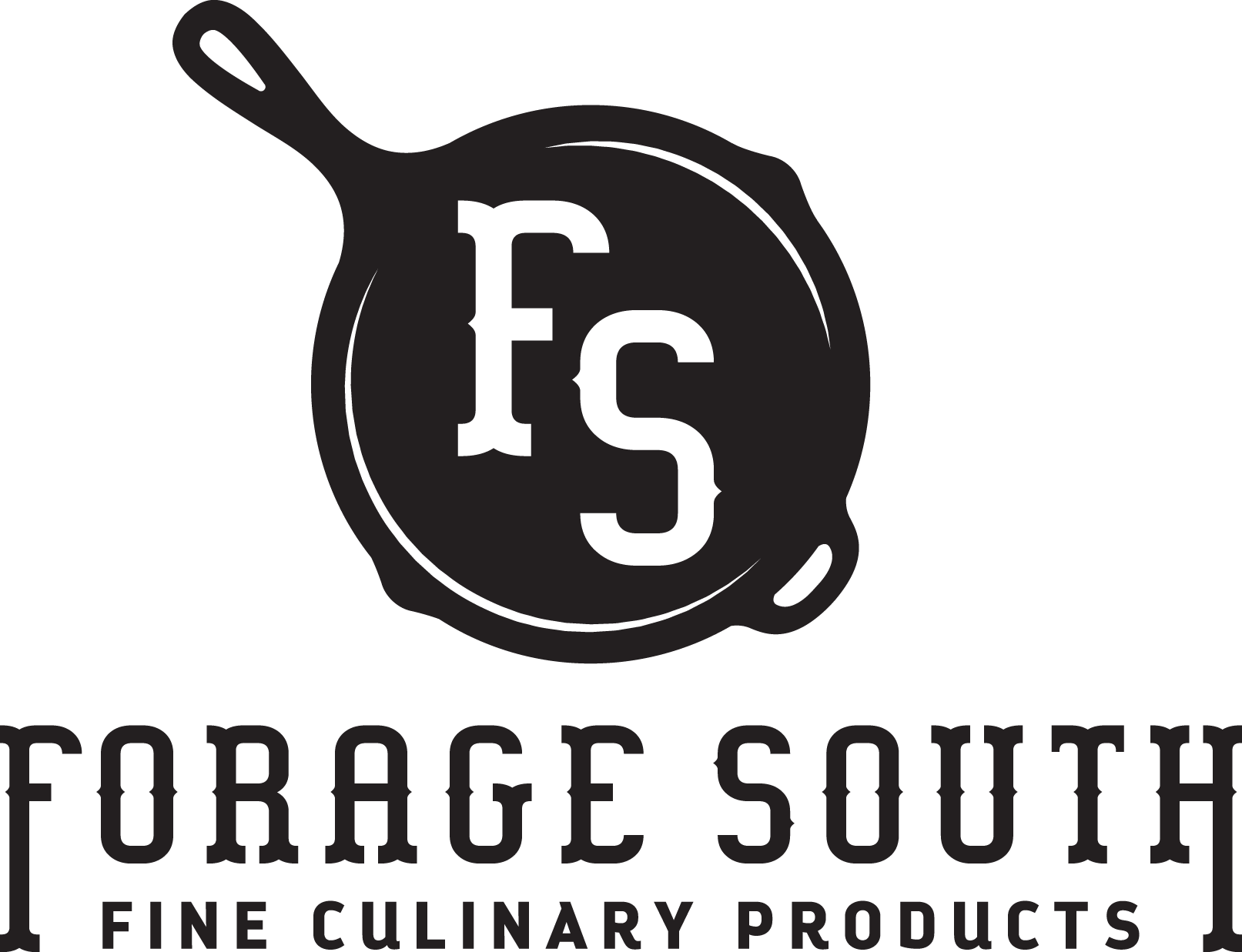
“Going local” is one of the biggest trends in the food world this year with many consumers showing concern for where their food is from and how it is being produced. Fortunately for those of us here in Nashville, our area is surrounded by a bounty of farmers who utilize sustainable and biodynamic farming methods to raise the food that ultimately ends up on our tables. At a time when a bag of vegetables lists 17 different ingredients and food practically never expires, the public has grown worried about what it really is that they’re feeding their families for dinner. This issue has given pushed people, including many culinary professionals, to seek out local sources for food to fill their pantries. These farmers who use and embrace the principles of biodynamic farming follow a holistic and ecological approach that emphasizes a self-sustaining system through the development of the environment, soil, animals, and plants. By taking advantage of the abundance of whole, unpolluted, preservative-free food right here on our doorstep, middle Tennessee can begin taking the necessary steps to build a food system that supports the health of our community and ecosystem.

Going hand-in-hand with local and sustainably raised food, there is another trend taking root in our community: the hyper-local food movement. To put it simply, this is all about growing your own food. Many chefs around the country, myself included, have really begun to participate in this movement by stepping outside the kitchen and actually growing and/or raising our own ingredients. This way, those of us who enjoy doing this sort of thing have the guarantee that everything we use has been grown only under the best possible conditions and haven’t been contaminated with chemicals or that scary pink slime that keeps turning up in the news. This assures us that we are utilizing only the best ingredients that are fresh, wholesome, and harvested at their peaks for the best possible flavor. It isn’t in our best interest to rely on conventional produce which is picked early, in many cases sprayed with ethylene gas, and travels an average of 1,500 miles to make it to your plate. Using sub-par ingredients in a dish is like eating an off-brand chocolate bunny instead of the finest Swiss chocolate. It just wouldn’t taste as good.

More and more people are feeling inspired to begin exercising their green thumbs. Many families are now growing food in their backyards or volunteering in community gardens. Restaurants are utilizing their rooftop space for urban gardens. In a few cities, some entrepreneurs are even converting old warehouses into indoor aquaponic farms. While this is something we are seeing a lot more of lately, the idea of a hyper-local food system isn’t new at all. In fact, the last time we saw the local food movement was during WW1 & WW2 as the government encouraged the public to plant Victory Gardens to take pressure off of the nation’s food supply. It was a great civic morale booster; families began sowing seeds and transforming rooftops, backyards, and abandoned lots into gardens. It was estimated by the USDA that there were around 20 million Victory Gardens planted during the “Plant More in 44” campaign. After WW2 ended, the nation’s food supply stabilized and the victory garden movement seemingly lost all of its momentum. This original hyper-local movement quickly faded.
In the context of modern day, this idea of a hyper-local & sustainable food era is about security and confidence in our food. With the current industrialized food system modeled on mass production at the lowest possible price and longest shelf life, the combination of ingredients and environmental damage are a chemical cocktail that leaves our bodies and our ecosystem in a mess. Many foods found on grocery store shelves are processed beyond measure and completely laden with any combination of over 14,000 additives that are currently on the market. Studies have shown that many of these additives even contain carcinogens. Not what you imagined was in your food, right? The harsh reality is that our current food system is broken. Biotech mega-corporations like Monsanto produce a shocking 90% of the nation’s seed supply, all of which are genetically modified and unnatural. With strong key governmental influences, Monsanto has many small organic farmers cornered and working to cripple them with their philosophy of get big or get out of the business. There’s simply no quick cure to fix our food system, but there are steps that need to be taken to heal it. It all starts on a local level, simply because it works best on a local level. If we think locally and support the farms around us by using them as a primary food source, everybody wins. The best way to make this happen is if we as advocates, educators, families, chefs, foodies, farmers, & artisans all collaborate to inspire others to take part in more hyper-local initiatives. It’s time to sow the seeds for our future and enjoy the abundance of good food our earth has been offering up for lifetimes without the need for chemical additives. -Chef Frohne
Hope you folks enjoyed the read and feel inspired to get out and start your own victory garden! After all...you are what you eat. - Chef Frohne
Check out the full issue of entee magazine here http://issuu.com/entreenashville/docs/entreenashville or grab a hard copy at one of the following locations.
Green Hills:
- Regions Bank on Bandywood, Crow's Nest, Joe's Place, The Greenhouse Bar & Corner Pub
Hillsboro Village:
- Sam's, Belcourt Taps & Tapas & Jackson's
Midtown/West End:
- Gold Rush on Elliston and Corner Bar
Franklin:
- The Factory, The Good Cup & JJ's Wine
East Nashville:
- Sweet 16th- A Bakery and 3 Crow Bar
Brentwood:
- Wild Iris

